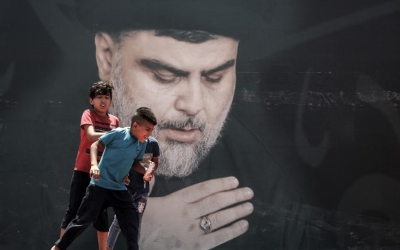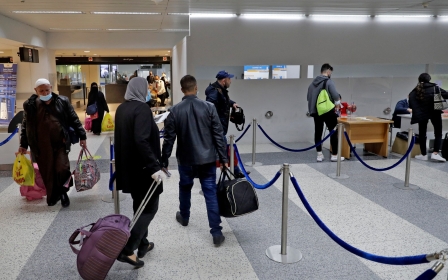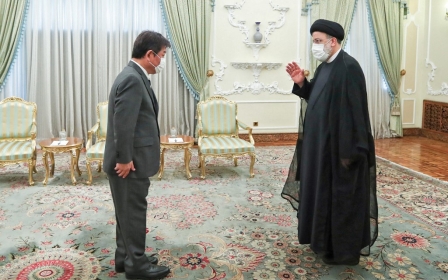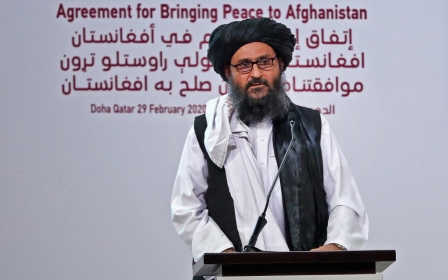Arabic press review: Yemen's Aden faces imminent blackouts amid fuel shortages
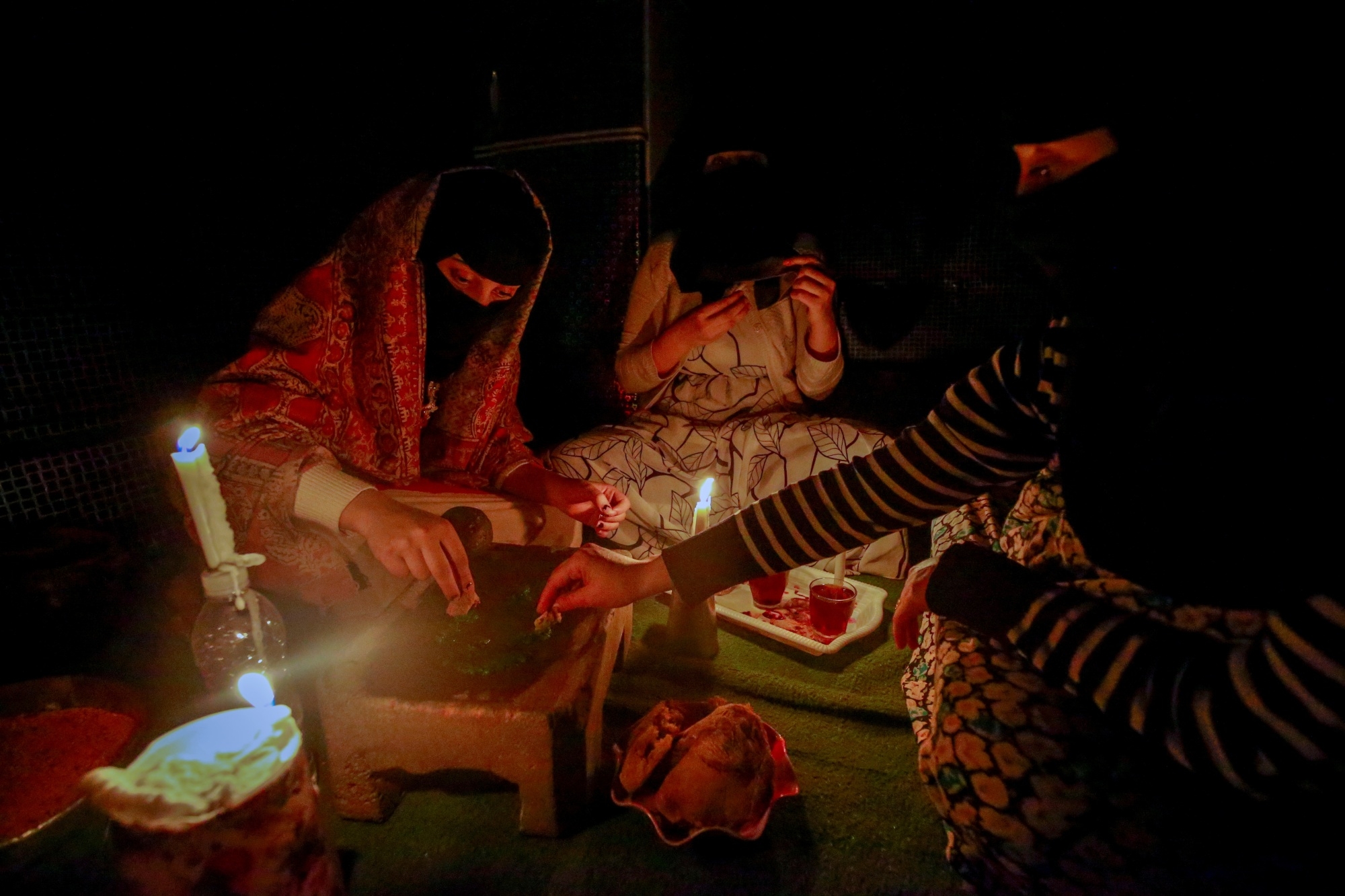
Yemen city faces electricity crisis
Aden's Public Electricity Corporation (PEC) has warned that more than 80 percent of the city’s generator capacity will completely shut down within two days, due to a shortage of fuel for power stations following delays in the arrival of a shipment of oil from Saudi Arabia, The New Khalij reported on Sunday.
"The remaining diesel fuel in the tanks of Aden refineries is sufficient for a period not exceeding two days, which will lead to an increase in the hours of power cuts" and would plunge the city, which was declared as the temporary capital of Yemen, into complete darkness, the PEC said in a statement.
The corporation said that the fuel shortages affected all diesel power plants, which constitute more than 80 percent of Aden's electricity capacity.
Saudi Arabia, which has been leading a military coalition in Yemen against Houthi rebels for more than six years, announced in March that it would provide a grant of oil derivatives to Yemen amounting to 351,304 tonnes of fuel and 909,591 tonnes of diesel, worth $422m, in order to operate more than 80 power stations in the governorates controlled by forces backing the Yemeni government.
New MEE newsletter: Jerusalem Dispatch
Sign up to get the latest insights and analysis on Israel-Palestine, alongside Turkey Unpacked and other MEE newsletters
The cause of the delay in the arrival of the Saudi fuel shipment was not stated.
Three Egyptian prisoners of conscience released
Egyptian authorities recently released three political prisoners, London-based al-Quds al-Arabi newspaper reported on Saturday.
The International Committee for Dialogue, an independent body in Egypt, confirmed that political activist Ziad Abu al-Fadl, journalist Shaima Sami and YouTuber Shadi Srour had been freed.
"The three releases come in light of humanitarian and legal efforts made by the judiciary, the public prosecution and security services in reviewing the files of those detained in connection with political cases," the newspaper quoted the committee as saying.
Abu al-Fadl, a member of the Bread and Freedom party, was arrested in his home in Alexandria in March 2019, while Sami was imprisoned in April 2020 after the prosecution charged her with “joining a terrorist organisation” and “publishing and broadcasting false news”.
Srour was meanwhile detained in December 2019 upon returning to Egypt from the United States, after Egyptian prosecutors charged him with spreading fake news and misusing social media platforms.
Some 60,000 political prisoners are estimated to be held in Egypt since the 2013 coup that ousted then-President Mohamed Morsi from office.
Thousands of government projects frozen in Iraq
An Iraqi government official revealed to newspaper al-Araby al-Jadeed that more than 8,000 projects in the country amounting to tens of billions of dollars were currently suspended.
These stalled projects - in a variety of sectors related to health, education, water, electricity, housing, roads, agriculture and industry - have led to huge losses for Iraq’s government, which paid advances to companies hired to carry out the projects despite not always seeing results, the official said on condition of anonymity.
The source stressed that the government had recently blacklisted more than 600 local companies, but that many of the organisations had effectively vanished and their owners left the country.
“The country has seen a plethora of projects that have been lagging for years for various reasons, including assigning the work to incompetent companies that are unable to complete projects, as well as the financial crisis that hit the country and resulted in the suspension of many projects,” a member of the services committee in the Iraqi parliament, Mudar Khazal, told the newspaper.
Khazal indicated that the contracted companies bear most of the responsibility for the delays, but that government institutions had also failed to follow up and track progress on these programmes.
Iraqi MPs and politicians have previously criticised the lack of measures to ensure accountability regarding large-scale projects, as corruption continues to afflict Iraqi state institutions.
*Arabic press review is a digest of news reports not independently verified as accurate by Middle East Eye
Middle East Eye delivers independent and unrivalled coverage and analysis of the Middle East, North Africa and beyond. To learn more about republishing this content and the associated fees, please fill out this form. More about MEE can be found here.


